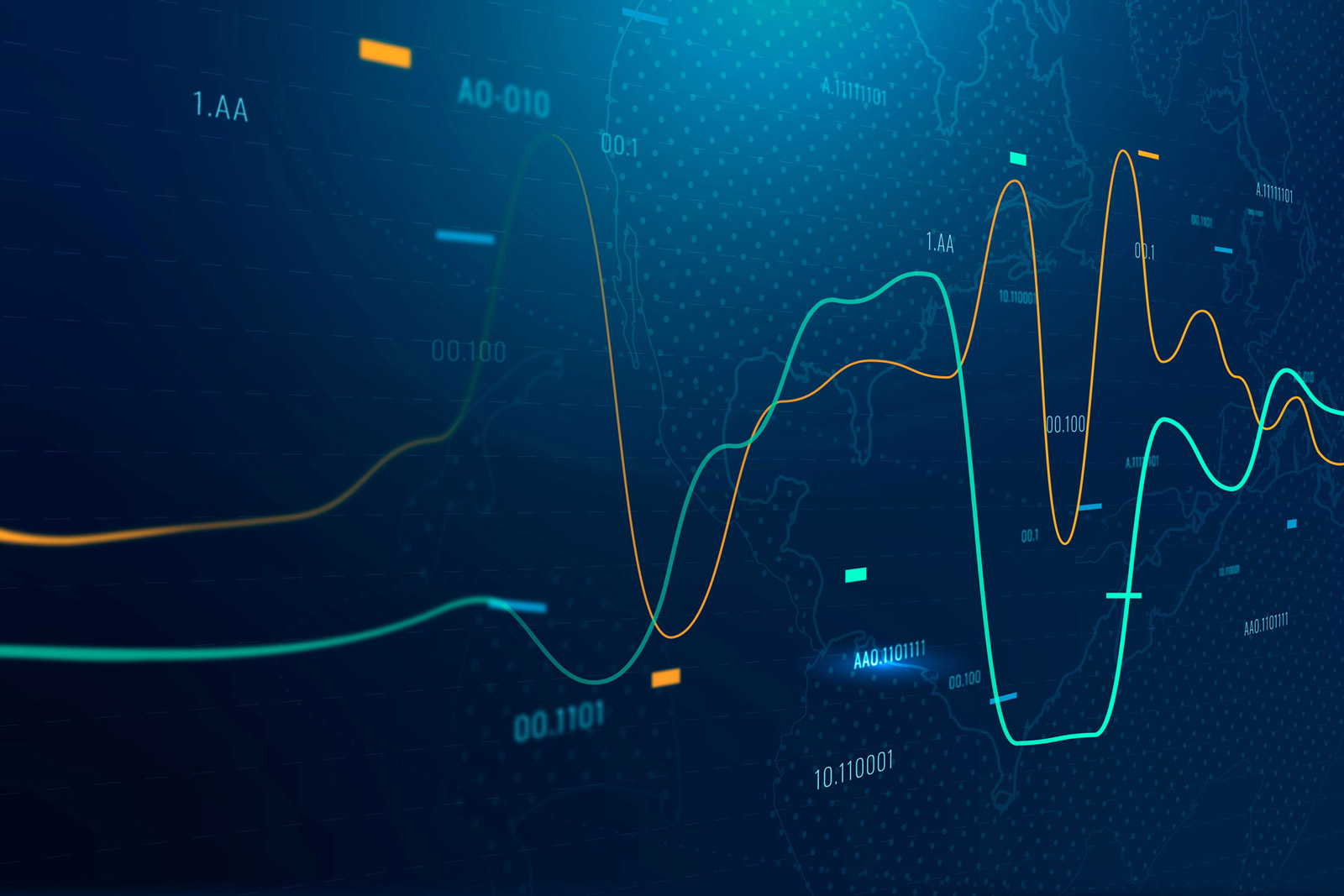According to a survey conducted by GKI Economic Research Co. with the support of the EU, in the first month of the year household expectations improved significantly, while the outlook for the business sector deteriorated within the statistical margin of error compared to December. GKI’s economic sentiment index thus reached an 18-month high. Companies’ employment intentions remained within the statistical margin of error, while their price increase plans continued to strengthen slightly compared to the end of last year.
The GKI economic sentiment index rose by a solid 2 points in January compared with December. The last time this index was this high was in July 2022, the last month before the energy sector crisis. Business sentiment did not improve at all in January, with the GKI business confidence index falling by 1 point, within the statistical margin of error. In the first month of this year, only industry saw a noticeable negative change (2-point drop), while in the other three sectors the outlook for companies was virtually unchanged compared to December. In industry, the assessment of total order books hardly changed, in-house production stocks rose slightly, and the production expectations for the next three months deteriorated. In construction, the assessment of order books improved significantly, but employment expectations became more cautious. In trade, satisfaction with the previous three months’ business increased, but inventories rose and the outlook for orders in the next three months deteriorated. In services, the assessment of the business performance of the previous three months changed in a favourable direction, but turnover expectations for the next three months worsened compared to December, while employment plans remained unchanged.
The previously published GKI consumer confidence index rose to a near two-year high in January. Households assessed both their financial situation in the last 12 months and their financial prospects for the next 12 months as strongly improving.
Businesses’ propensity to hire worsened only within the statistical margin of error in January, and the proportion of those planning to expand and reduce staff numbers was not materially different. Optimists made up the majority in trade and business services, while pessimists in industry and construction.
Overall price increase plans in the business sector rose slightly further in the first month of this year, after a sharp pick-up in December, but fell slightly in trade. The predictability of the business environment improved slightly, bringing this indicator to a six-month high. After December, expectations about the prospects of the Hungarian economy improved a lot in January, reaching an almost two-year high, but pessimists still outnumber optimists by a large margin.

Explanation to the methodology:
In line with the methodology used by the European Commission, GKI surveys the expectations of industry, trade, construction, services (the latter, as in the EU, excludes financial and public services) and households (consumers) in the calculation of its business confidence index. GKI’s economic sentiment index is the weighted average of the consumer confidence index and the business confidence index.
The business confidence index is the weighted average of the industrial, trade, construction and services confidence indices. The industrial confidence index is derived from the responses to questions on business perceptions of incoming orders and inventories, and on production expectations. The construction confidence index is the average of the perception of incoming orders and employment expectations. The trade confidence index is the average of business and inventory level perceptions and turnover expectations. The services confidence index is the average of business confidence, turnover and employment expectations.
The consumer confidence index is the arithmetic average of balance indicators calculated from responses to questions on households’ perceptions of their financial situation in the past 12 months, their financial prospects for the next 12 months, the expected development of Hungary’s economic situation and their prospects for buying consumer durables.
GKI publishes seasonally adjusted data by using appropriate mathematical method to filter out the discrepancies caused by seasonal effects (e.g., differences in weather conditions between winter and summer, increased demand before Christmas, lower output because of summer vacations). The historical data now published are different from those published previously, as seasonally adjusted data are revised once a year (in January).
Download full analysis






